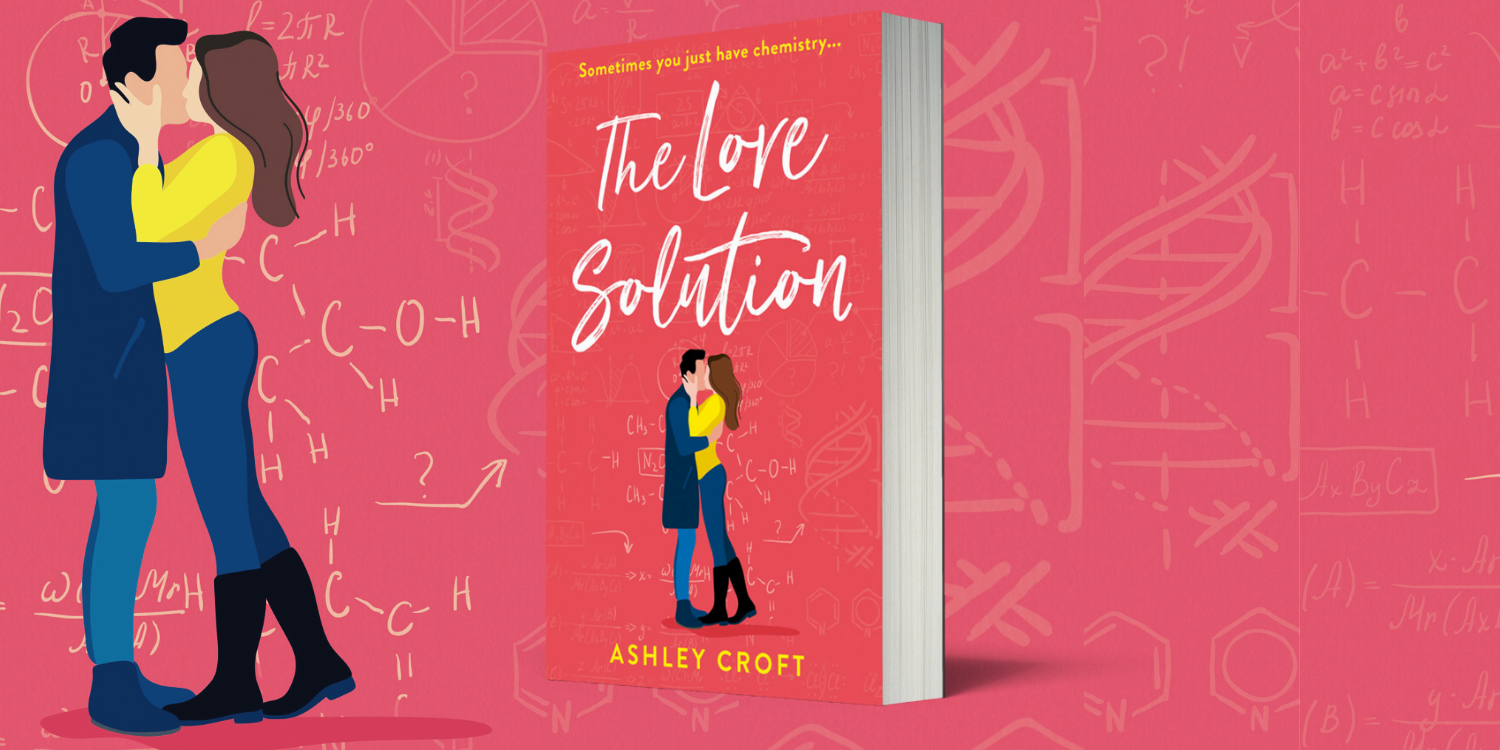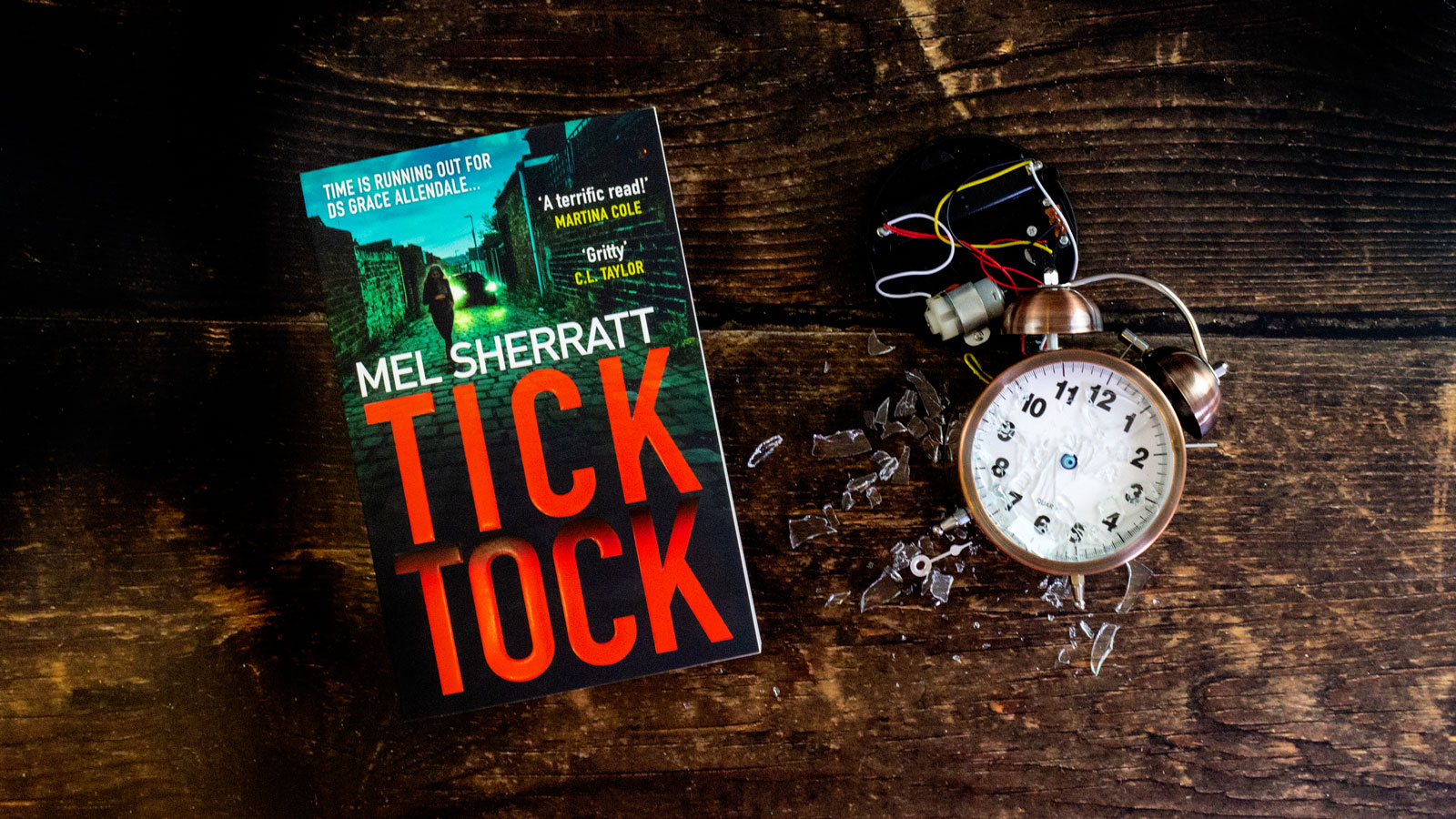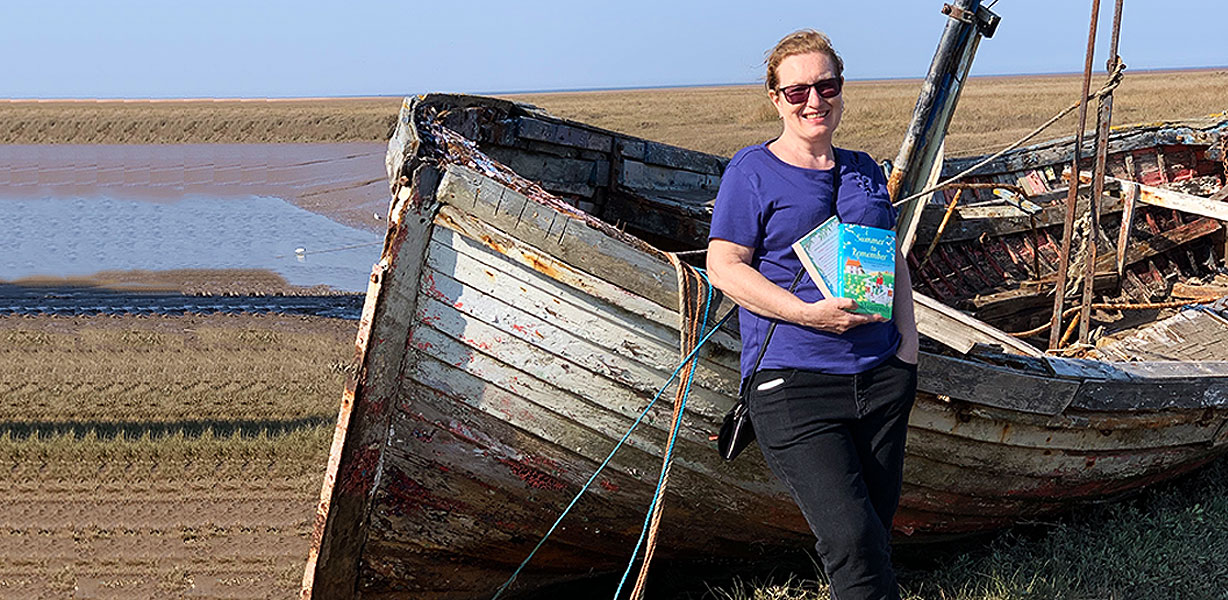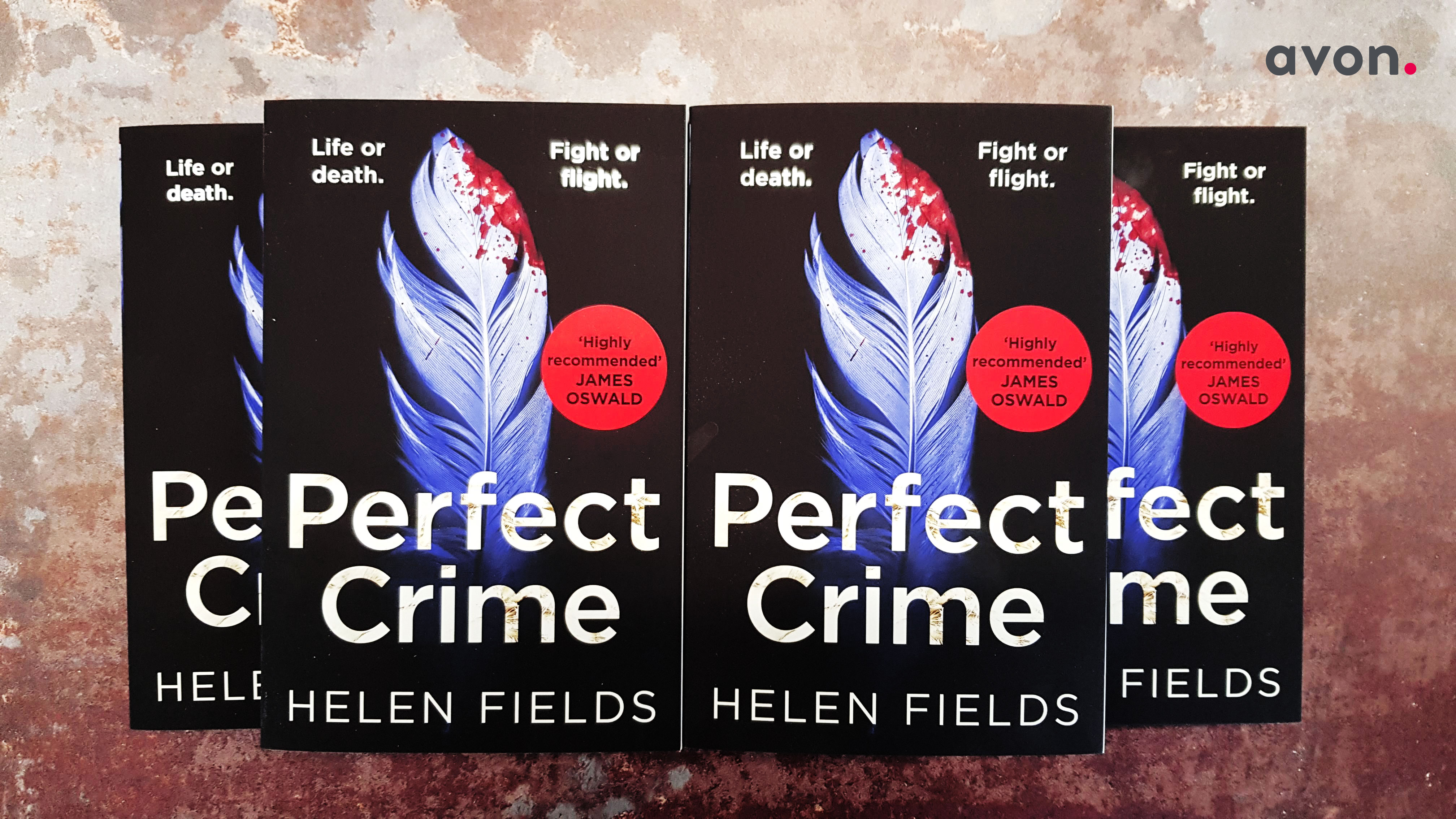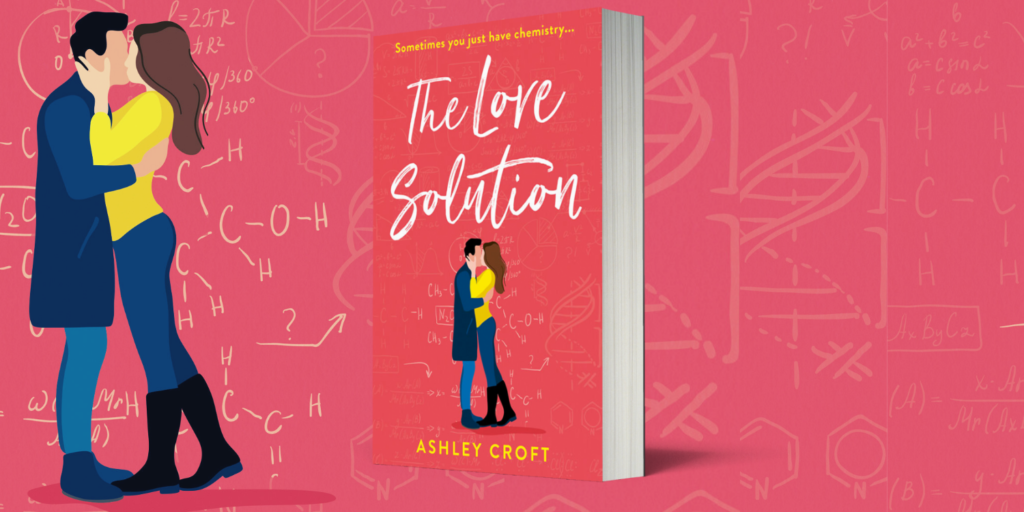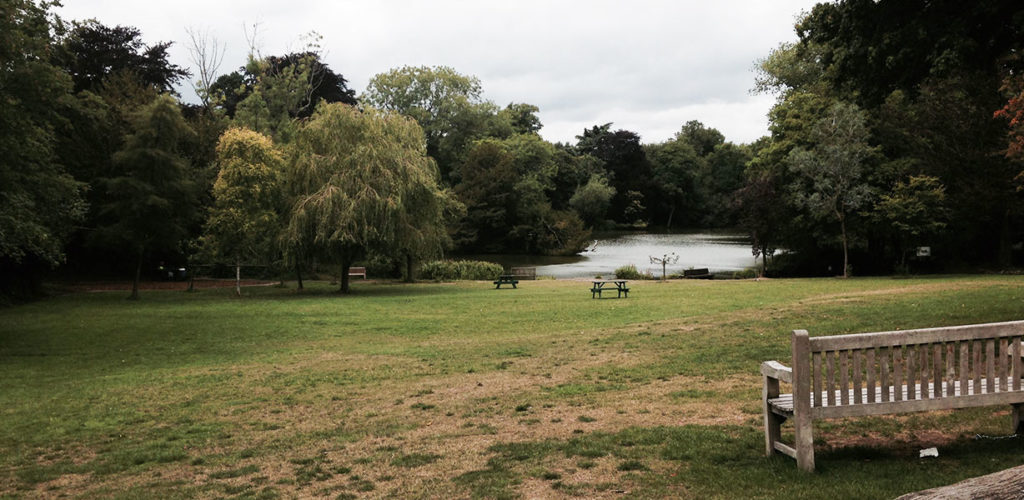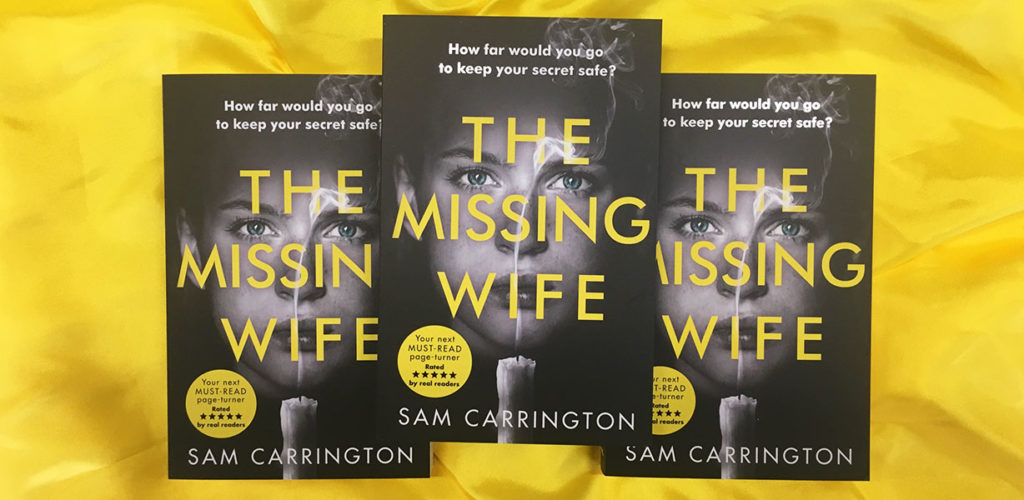My fascination with poison began in the early nineteen eighties. Then, as a young woman fresh from university, I worked at the UK National Poison’s Information Service at Guy’s Hospital, London, as part of a team specially trained to provide information on the treatment of poisoning. A service for members of the medical profession, only. What a wide range of enquiries we were exposed to. From drugs overdose (both prescription and re-creational), to household mishaps; in particular, children, who had raided the notorious cupboard beneath the kitchen sink to help themselves to dishwasher tablets and bleach. From chemical accidents to plant ingestion. Even the occasional snake bite.
This experience must have remained deep in my psyche, because thirty four years later, when I wrote my first novel Obsession, poisoning became involved. There is some poisoning in my new novel Envy too, so I obviously haven’t got it out of my system yet.
There is something vivid about poison that sears into our imagination. Is it because being poisoned just seems to be intrinsically unfair? After all what chance do we have against the Machiavellian person that chooses to poison us? But surely developing any illness, or being involved in any accident is bad luck, so what is it about poisoning that seems so much worse. I think the colourful side of poisoning is when it is deliberate. This is what fascinates us. Its use as a crime tool, both in life and in literature.
London, unfortunately is the home to several notorious poisonings. In 1978, the writer and broadcaster Georgi Markov was stabbed with an umbrella tip laced with ricin, whilst waiting for a bus on Waterloo Bridge. He died four days later. More recently, on the 1st November 2006, Alexander Litvinenko was poisoned by radio-active polonium which was slipped into his tea at the Millennium Hotel. The photographs of him, taken in his hospital bed, dying slowly, bald and emaciated were heart breaking. He passed away on the 23rd November, just over three weeks later, the first known victim of lethal polonium 210 induced radiation syndrome.
Yet another horrific incident occurred. On the 4th March Sergie and Yulia Skripal, were discovered unconscious on a bench in Salisbury, poisoned by a Novichok nerve agent. Fortunately, after a month in hospital, they both recovered. But the incident, and the contamination left by the nerve agent, left the country in shock. This horror was compounded when traces of Novichok were involved with the poisoning of Charlie Rowley and Dawn Sturgess, in nearby Malmesbury, four months later. Tragically Dawn Sturgess died.
Georgi Markov, Alexander Litvinenko and Sergie Skripal are all Russian dissidents. The recent nerve agent found is one of a type manufactured by Russia and the Soviet Union between 1971 and 1993, apparently. So there has been a series diplomatic row between our two countries.
Regardless of diplomatic rows, truth or supposition, Russia, spies, and poison are three words that excite my imagination. They evoke in my mind a surreal cinematographic world, a weird combination of James Bond, John le Carre, and the death of Rasputin. A world where bad things happen, and yet we enjoy watching and reading about them. A world that pulls us away from our mundane every day, and yet does not really threaten us because it is so far removed from our personal experience.
Since the distance of time we have been enjoying the high drama of poison in literature. Shakespeare is a prime example. He uses poison to devastating effect. My two favourite plays are Hamlet, and Romeo and Juliet.
Hamlet, the Danish Prince, discovers that his father was murdered by his own brother, Claudius, who poured poison in the king’s ear. This mesmerizing tale of betrayal, madness and murder comes to a gruelling conclusion when Hamlet, his mother Gertrude, Laertes and Claudius all die of poisoning; a combination of both poisoned blade and poisoned chalice.
And who cannot shed a tear over the fate of Romeo and Juliet? Romeo swallowing poison, thinking his beloved was dead. Juliet waking from her sleeping potion to find Romeo dead, stabbing herself. Woe upon woe.
More recently Agatha Christie has become known as the queen of poisons. She worked for most of the First World War in a UK hospital as a nurse, and later mixed medicines in the hospital dispensary. She first conceived the idea of writing a crime novel surrounded by poisonous chemicals in said dispensary. Many poisons are used by her characters. Strychnine, cyanide, thallium, arsenic, to name just a few. People are so fascinated by her use of poison in her novels, and the true knowledge she had about them, that Kathryn Harkup has written a book about it. A is for Arsenic, published by Bloomsbury. Well worth a look.
But use of poison as the murder weapon in crime novels is becoming rarer, as with modern forensic techniques, the identification of poison, and tracing its likely pathway to the crime scene is becoming easier. Having said that, one of my favourite novels which uses cyanide to perfect effect is The Devil’s Dice by Roz Watkins. I can’t say too much, without giving away a spoiler, except that I thoroughly recommend it.
Finally, poison, both in life, and in literature, is a high stakes lottery that thrills and chills in equal measure. When it comes to the sheer roller coaster of entertainment – bring it on please.

